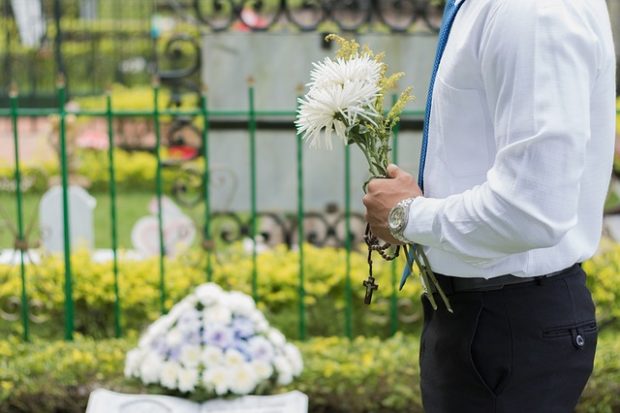5 reasons people choose a career in funeral planning

Working with the dead might not be everyone’s idea of a fun way to make a living. But far from being macabre, morbid or dull, working in funeral planning and directing can be incredibly rewarding and life-affirming.
Funeral planning means working at the crossroads between life and death on a daily basis. It might not be a career path for everyone, but that doesn’t mean there aren’t many great reasons to pursue this line of work. Here we look at five reasons people choose a career as a funeral director.
A desire to help people during difficult times
Many funeral directors would agree that both the most difficult and the most satisfying part of the job is being a source of support and guidance to people during what is typically the darkest and most difficult times of their entire life: losing a loved one.
Ultimately, funerals are about the living rather than the deceased. Organising a funeral often means being there for the family — whether as a shoulder to cry on, a gentle listener, or an honest, sympathetic source of advice (or all of the above). For this reason, it attracts those with a strong sense of empathy who are looking to do good in the world. It’s a job in which you make a real difference, helping people in their most intense time of need.

Spirituality or religion
Religious beliefs certainly aren’t a requirement of working in funeral or cremation services, but you’ll often find that whatever their faith — or even lack thereof — funeral directors and planners tend to be quite spiritual people.
This isn’t surprising, considering that naturally the work involves confronting mortality on a daily basis. A more in-depth perspective on death and life comes with the territory. It’s a job for those with a deep, abiding interest in and understanding of the human condition.
The challenges and variety
No two days are ever the same in funeral planning, and the challenges are many. The licensed funeral director is also a counsellor, event planner, caregiver, consultant and perhaps even funeral celebrant or mortician, all in one.
It requires fine-tuned communication skills, a high EQ, a dedicated work ethic, and a whole lot of empathy, patience and compassion. For those who thrive off not having a set routine chained to the desk every weekday — particularly as personalised funeral services become ever more popular as a way of memorialising the deceased — this career has a lot to offer.
Positive long-term job prospects
On a more pragmatic, prosaic note, in an era of rising job insecurity and a shift away from full-time work, another appeal of working in this industry is the fact that it comes with built-in career longevity. As they say, death and taxes are life’s only certainties, after all. For better or for worse, there will never be a shortage of demand for funeral planning experts.
Celebration of life
But putting aside the practicalities of the job market, true passion is needed to make it as a funeral director or planner, perhaps even more so than for a more mainstream, office-bound career path. For one thing, it can be utterly heartbreaking, and emotionally draining, to support those in grief and hear their stories.
But it can also be touching, life-affirming and even inspiring, to be part of farewelling and paying tribute to their loved one. What draws people to this line of work — and, more to the point, what keeps them there — is the ever-fulfilling satisfaction of being an essential part of not only honouring the dead but also joining their families and loved ones in celebrating their lives.
Being able to bring a personal touch to funeral or cremation proceedings through a personalised memorial service or perhaps a non-traditional venue (such as a surf club that was cherished by the deceased, for instance) is incredibly rewarding.
.

